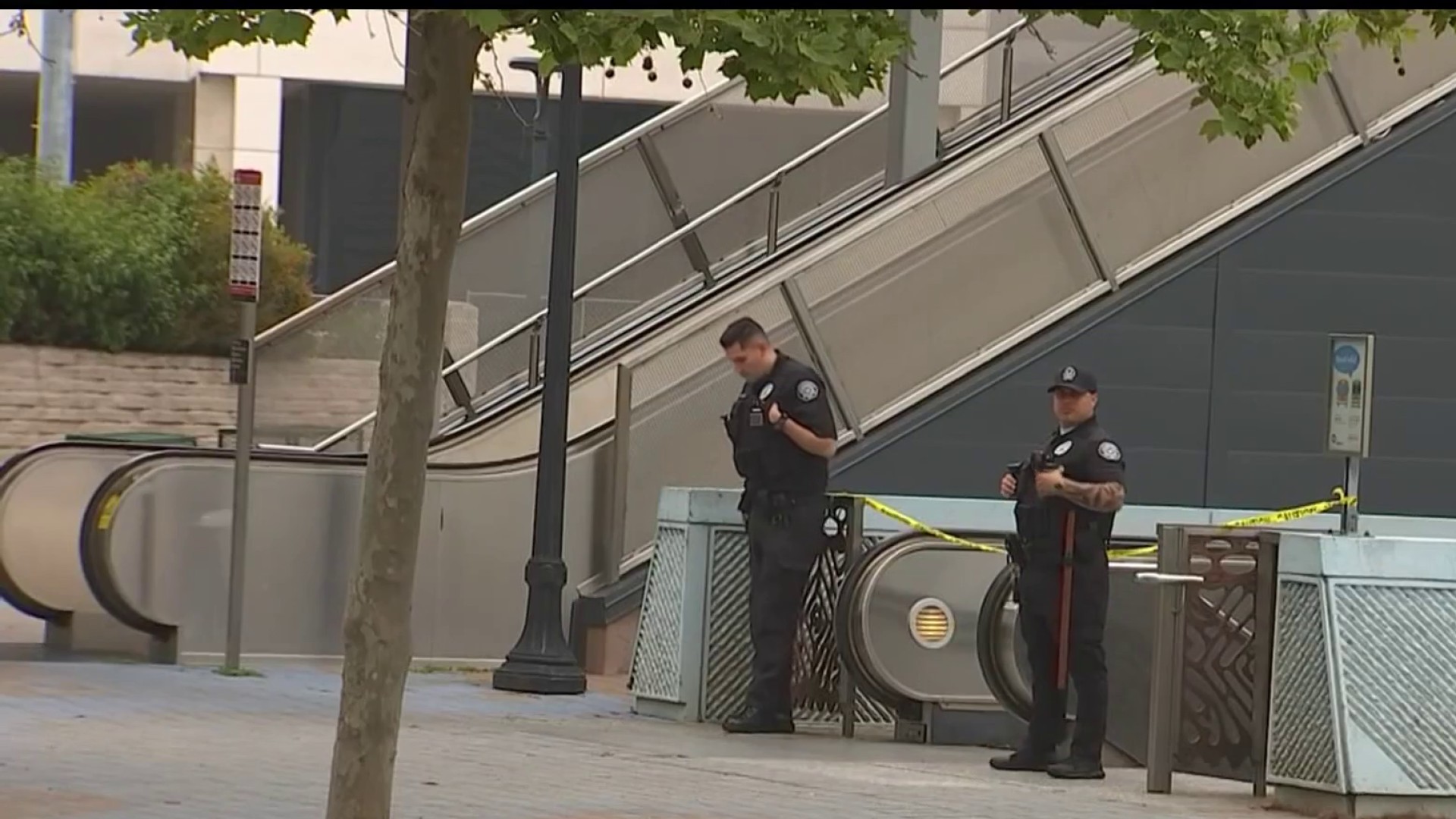Los Angeles spends over $100 million a year on serving, cleaning up after and arresting the city's homeless population, according to an analysis conducted by city officials.
The bulk of city spending on the homeless came from the Los Angeles Police Department, which estimated it spends between $53.6 million and $87.3 million each year on interactions with the homeless, including arrests, according to the study, which was released Thursday.
City Administrative Officer Miguel Santana's study recommended that the city better coordinate how it responds to homelessness and involve agencies that are affected by the homeless but don't currently participate in planning around homelessness.
"There appears to be no consistent process across city departments for dealing with the homeless or with homeless encampments," the study said. "Responses to homelessness by city departments are not designed to end homelessness by systematically connecting the homeless to assessment, services, and housing."
A joint city and county authority that fields emergency response teams to deal with problems involving the homeless only has 19 people to cover the entire county, Santana said.
The 21-page report estimated the costs of sanitation, police, medical, mental health and other services for dealing with the homeless population, which previous estimates have put at more than 20,000 and growing. About 14 percent of the people the LAPD arrests are "transients," according to the study.
However, the study said both that its $100-million estimate was based on 15 city department's quick evaluations and that it was not possible "to get a full measure of the costs" of homelessness.
News
Top news of the day
Mollie Lowery of Housing Works, a Hollywood-based homeless housing organization, told the Los Angeles Times that it takes her group up to eight months to find housing.
"We already know what the need is, and we're not matching it with housing," Lowery said. "Now we're just finding new ways to track them."
Santana told the Times that providing an overview of the homelessness problem is an important first step.
"It's easy to point fingers at government," he said. "Nobody wants formerly homeless people living next to them. But most people are not born on skid row; they come from somewhere. This involves all of us."



